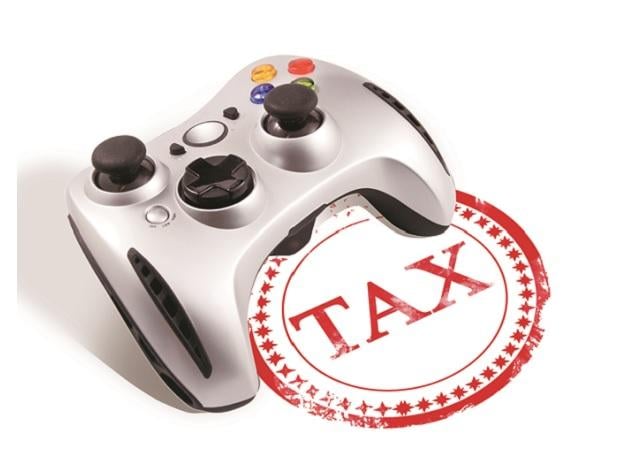[ad_1]
In the Budget 2023, Finance Minister Nirmala Sitharaman announced a 30 per cent tax on the “net winnings” from online games. Clarifying the taxation policy further, she announced the removal of the minimum threshold limit of Rs 10,000 for calculating the tax deducted at source (TDS).
The 30 per cent tax will have to be paid at the time of withdrawal of the winnings or at the end of the financial year. Also, TDS will be applicable on winnings, and the ultimate responsibility of the tax will be borne by the person responsible for paying the winnings.
Two new sections were added to the Income Tax Act to incorporate the changes. These were 194BA for TDS of winnings from online games for online intermediaries and 115BBJ for computation of taxes for those who earn income from winnings of online games.
Gaming platforms and experts welcomed the move and said it would lead to more transparency in the sector.
“We applaud the government’s significant initiative to rationalise direct taxes in the online gaming sector. The amendment to sections 194B and 115BB of the Income Tax Act 1961 specifying that TDS be calculated on net winnings and thereby allowing offset of losses are steps in the right direction,” said Sameer Barde, chief executive officer (CEO) of E-Gaming Federation (EGF).
“We now await finer details on the computation mechanism so as to aptly bring the amendment into practice,” he added.
Sunil Yadav, CEO of gaming platform PlayerzPot, said, “It is a welcome move to define the future of the online gaming industry to remove the minimum threshold of Rs. 10,000 for TDS and to clarify taxability. The action will result in transparency, a clear legal identity, and standardised taxation for online gaming.”
The Centre has also made a distinction between “games of skill” and “games of chance” in the Finance Bill, signalling that both might get a separate tax structure in future.
However, now the industry is looking forward to the clarification on the Goods and Services Tax (GST) policy for the sector.
“The single most important aspect that the sector awaits clarity on and something that would decide its fate is the outcome from a group of ministers on the GST. We are hopeful that the outcome would retain the current 18 per cent tax slab on gross gaming commissions, and promise to overachieve the $ 10 trillion economy goal by Prime Minister well before 2030,” said Paavan Nanda, co-founder of WinZO.
The IT ministry recently proposed regulating online gaming and plans to formalise a structure. It has been in the works since the Centre set up an inter-ministerial task force to regulate the sector. According to reports, the GST Council is also working on the rules to clarify GST implications on the sector.
In the Budget, FM Sitharaman also announced 100 new labs for developing 5G applications in India. She also lowered the custom duty on imports of mobile parts.
Experts said that these would improve the efficiency of gaming as well as its affordability.
“Developer dedication to expanding mobile gaming in India and the advent of different employment opportunities through mobile gaming have all contributed to an increase in the number of Indians adopting mobile gaming. This has also contributed to the growth of the mobile device sector, as professional gamers frequently seek to upgrade their devices as they progress in their career. Even casual gamers seek better devices in their gaming journey,” said Animesh Agarwal, founder and CEO of 8bit Creatives.
“It will be fascinating to observe the next growth surge of gaming in India and how it contributes to and parallels the rise of the electronics industry,” he added.
[ad_2]
Source link



